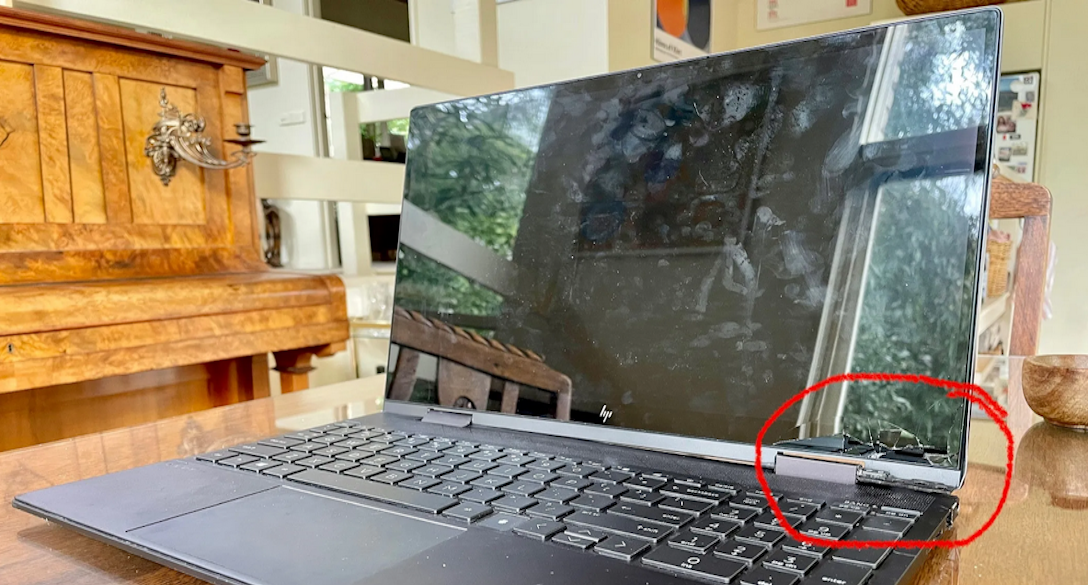A knife-edge election in Fiji sees power shift – and a chance to bring back real democracy
- Written by Steven Ratuva, Director, Macmillan Brown Centre for Pacific Studies, University of Canterbury

When the final election results[1] were announced around 4pm on Sunday, many Fijians, at home and around the world, breathed a collective sigh of relief: the government of coup-maker Frank Bainimarama looked like it had finally been defeated at the ballot box.
Could it be that the militarised political culture, pervasive in Fiji since the 1987 coups, was finally being effectively challenged – peacefully?
Bainimarama’s FijiFirst Party (FFP) collected 42.55% of votes, well short of the majority needed to return to power. The closest rival, the People’s Alliance Party (PAP), led by 1987 coup leader Sitiveni Rabuka, won 35.82%, followed by the National Federation Party (NFP) on 8.89% and the Social Democratic Liberal Party (SODELPA) with 5.14% of the votes.
Total voter turnout was 68.28%, less than the 71.92% at the 2018 election. With the Unity Fiji and Fiji Labour parties not reaching the required 5% threshold to gain seats under Fiji’s proportional representation system, the maths now points to a dead heat – and some anxious coalition horsetrading.
The vote shares mean FFP will have 26 seats in the new 55-seat parliament, the PAP 21, NFP 5 and SODELPA 3. The PAP and NFP have already signed a pre-election agreement to form a coalition, meaning they are tied with the FFP on 26 seats.
Led by Viliame Gavoka, SODELPA has suddenly been thrust into the role of kingmaker[2]. Given its fraught history with both FFP and PAP, the stage is set for some hard bargaining on all sides.
Family ties
The PAP, in fact, is a breakaway faction of SODELPA. The divorce was bitter and littered with bruised souls. A faction within SODELPA wanted nothing to do with Rabuka and the PAP.
On the other hand, SODELPA’s relationship with FijiFirst has been equally strained. The founding leader of SODELPA, the late prime minister Laiseni Qarase[3], was deposed, arrested and jailed following Bainimarama’s 2006 coup.
Read more: As Fiji prepares to vote, democracy could already be the loser[4]
But there is a personal link between SODELPA and the FFP, whose secretary (as well as attorney-general and minister for the economy in the previous government) is Aiyaz Sayed-Khaiyum. An Indo-Fijian Muslim, Sayed-Khaiyum is the son-in-law of SODELPA leader Viliame Gavoka, an indigenous Fijian (Taukei).
While this multi-racial connection may have its political advantages, the reality is that many in SODELPA vehemently oppose Sayed-Khaiyum for what they view as his imposing and arrogant style.
Return of Rabuka
There are early indications that SODELPA may go with the PAP and NFP partnership to form a grand coalition. Ideologically and politically, SODELPA and PAP share the same basic vision and strategies regarding indigenous Fijian issues – after all, they were once the same party.
Gavoka and Rabuka are similar in various ways. They both have ethno-nationalist tendencies and embrace fundamentalist evangelical Christian doctrines. Gavoka has advocated setting up a Fijian embassy in Jerusalem, and Rabuka has been known as an admirer of Israel since he was commander of Fijian peacekeepers in the Middle East in the 1980s.
Read more: Fiji’s other crisis: away from the COVID emergency, political dissent can still get you arrested[5]
Furthermore, SODELPA has been under pressure from its international and local branches (which fund the party) not to entertain any FFP coalition proposals. The message coming through from supporters is that their votes for SODELPA were also votes against FFP.
There have also been fears that an alliance between SODELPA and FFP could provoke old grievances and escalate into wider political instability.
Lastly, “non-negotiables” laid down by SODELPA include enacting policies that promote indigenous Fijian interests (including the reinstatement of the Great Council of Chiefs[6] (which Bainimarama abolished), forgiving scholarship debt and setting up a Fiji embassy in Jerusalem. These are similar to the PAP policies in the party manifesto but quite different from the FFP positions.
Culture change
If the election sees FijiFirst finally leave power, there is the potential for democratic progress. One of the major challenges for an incoming new government will be reform of the country’s civil service, judiciary, education and health systems, and the economy in general.
Over the years, Fiji society has been configured in ways that suit the narrow ideological interests and centralised control of the FFP. Security, public order and media laws have been used to undermine democratic debate, free expression and public engagement.
Democratising the institutions of state and making them more relevant will be a huge task. It will require significant financial, political and intellectual resources. It also has ramifications in the wider Pacific region, given Fiji’s role as an economic, communications and political hub.
Read more: Two past coup leaders face off in Fiji election as Australia sharpens its focus on Pacific[7]
Many Pacific leaders, including in Australia and New Zealand, have been unhappy with Fiji under the Bainimarama-Kaiyum axis. Actions such as the government’s refusal to release[8] more than FJ$80 million in funding for the University of the South Pacific – creating a major crisis at the regional institution – only reinforce such perceptions.
This time, Rabuka and Bainimarama – both former military leaders and coup makers – have used the democratic electoral system rather than guns and force to try to win to power. But behind them sits a culture of command and control that will be difficult to dislodge.
This is subtly woven into various aspects of the 2013 Constitution[9], such as the role of the military as the nation’s constitutional security watchdog. But there is growing confidence that the chances of another military coup following this election are virtually nil.
Fiji’s civil service and operations of state have incorporated micromanagement, authoritarianism and coercion as part of the institutional culture. The test will be to ensure that a coalition of parties can rule together in a way that expands political participation and enhances democracy.
References
- ^ final election results (www.rnz.co.nz)
- ^ role of kingmaker (www.rnz.co.nz)
- ^ Laiseni Qarase (www.rnz.co.nz)
- ^ As Fiji prepares to vote, democracy could already be the loser (theconversation.com)
- ^ Fiji’s other crisis: away from the COVID emergency, political dissent can still get you arrested (theconversation.com)
- ^ reinstatement of the Great Council of Chiefs (www.rnz.co.nz)
- ^ Two past coup leaders face off in Fiji election as Australia sharpens its focus on Pacific (theconversation.com)
- ^ refusal to release (asiapacificreport.nz)
- ^ 2013 Constitution (www.paclii.org)













